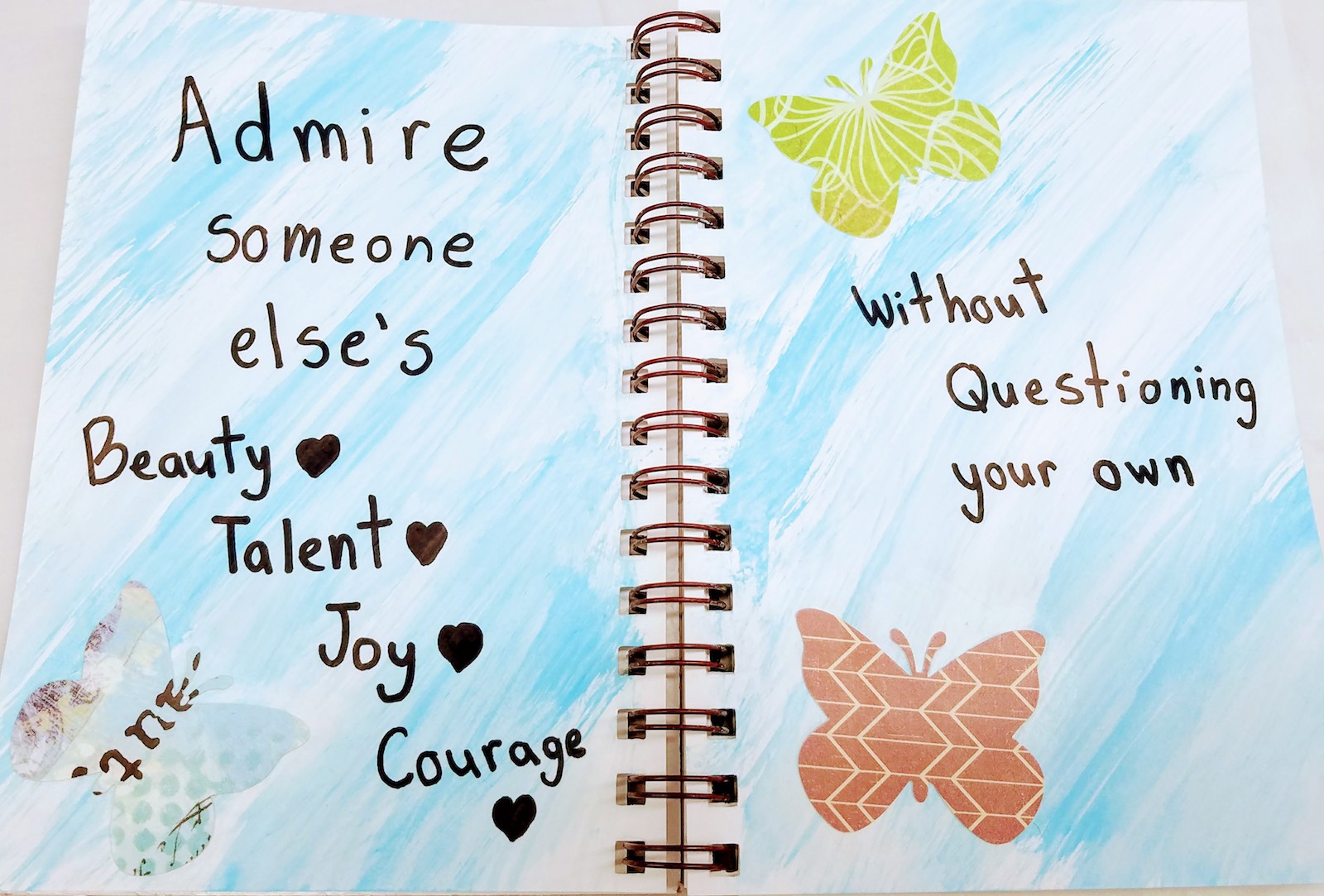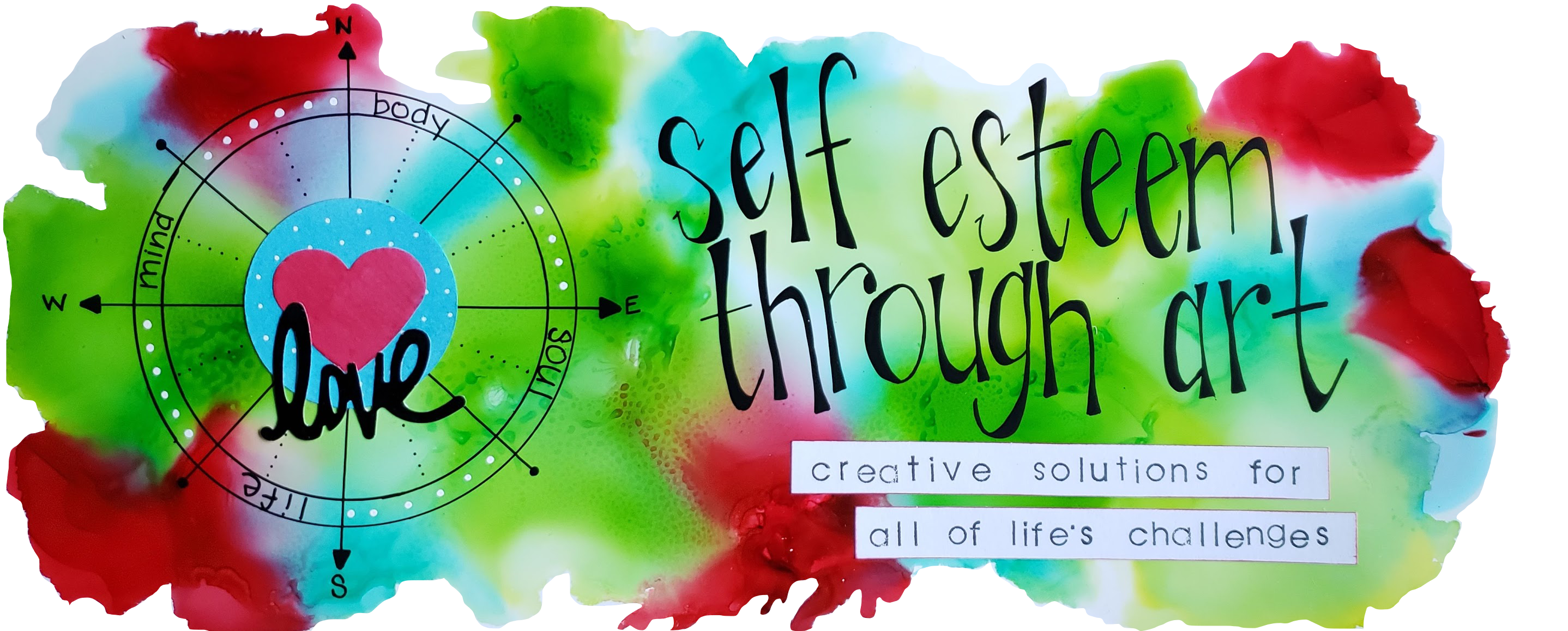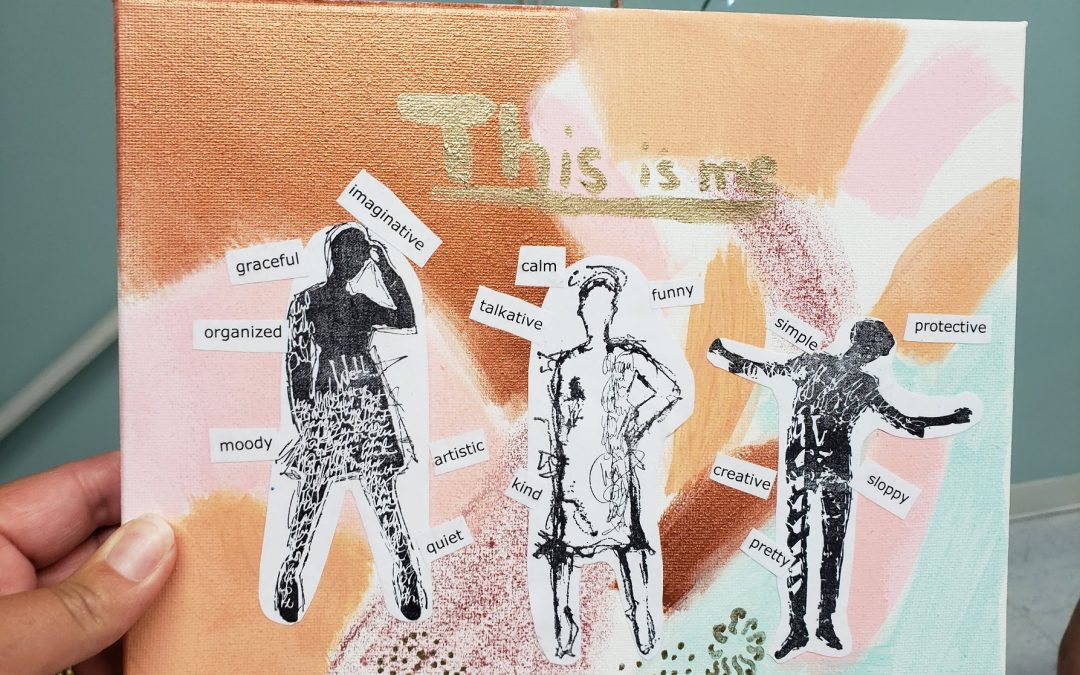I’ve observed a particular trend for over a decade now and it’s time to share my thoughts on it. As most of you know, the majority of my programs are geared towards children in middle-elementary school through middle school, with some complementary programs for high school students. There are a few very specific reasons for that:
- Children really start experimenting with their personas and exhibiting their free will and independence around age eight. Cliques either start forming or have already formed, they start comparing themselves against others (including celebrities), judging their peers, and they start to withdraw from things that they used to engage in freely. They also start developing negative self-talk and limiting beliefs. If those take root, things get progressively more difficult as they age.
- Children are exposed to technology and social media at younger and younger ages. They are NOT developmentally ready for all of these online interactions. The younger they are exposed and the more access they are given to social media, the more problems such as depression, anxiety, isolation, body-image issues, sexualization, instant gratification, inability to read social cues and have healthy face-to-face interactions with their peers arise.
- Once children reach middle school, the pressures to conform, fit in, and “be a certain way” are stronger than ever. Add in hormones, puberty and changing bodies, immense academic and athletic pressure, plus alcohol, vaping and marijuana, opiods, pornography, cyberbullying and straight-up regular bullying, and all of the other 21st century pressures of adolescence, and you have a veritable shitstorm of insecurity and self-loathing.
There seems to be a mindset out there that programs like mine, which focus on self-esteem, confidence, healthy decision-making, kindness, critical and creative thinking, emotional intelligence and character development, authenticity, mindfulness, self-discovery, problem solving, moral compass, and the visual arts are most relevant and worth an investment of time and money solely in elementary school. That couldn’t be further from the truth! Your child is not a fully-formed human until s/he is in their 20’s.
Sixth grade seems to be the time when parents swap character development and confidence-focused activities (and the arts) for more sports-related pursuits. Our society has this rabid belief that sports are the end-all, be-all for popularity, belonging, success, and potential college scholarships—and that couldn’t be further from the truth. To pull a child out of my program, or any program like it, when a child enters middle school because they are too busy with things like sports specialization is like pulling the life-preserver away when someone is drowning.
Yes, your child needs to build self-esteem and their moral compass in elementary school!
But NO, they haven’t achieved mastery by the time they are in sixth grade.
School is not teaching this kind of thing. Parents like you are concerned about it (and may or may not be modeling it), but it is quite literally not your area of expertise—nor should it be; you didn’t learn it in school either. Plus, the parent-child dynamic is one that necessitates reinforcements from outside of the nest. I’m quite certain you have said the phrase “my child is just not listening to me.” The more time your child spends away from home, the more they are turning to their peers for advice, guidance, and acceptance (not always a good thing). Independence often leads to isolation, but it doesn’t have to. Trusted, outside-of-the-home role-models and mentors are critical at this age—little children, little problems; bigger children, bigger problems.

The majority of girls form self-identity based on social comparison and media images. What that means is if their friends are doing it and they are seeing it online and on TV, they are wanting to emulate it. A girls’ self-esteem WILL NOT INCREASE UNTIL ADULTHOOD because society is built to tear them down at every turn.
Growing up requires giving up, and distancing from parents begins, with boys more typically having an acute and rapid onset. Where the 3rd grader loved having parents show up at school or in the vicinity during social activities, the 6th grader can find this public parental presence painfully embarrassing. It can be a confusing and isolating time for all children; boys in particular, because they are taught to shield their emotions and “suck it up.”
Having sports as the predominant extracurricular activity certainly has its pluses (physical activity, teamwork, confidence, etc), but it also has the negative effect of intra-squad competition, which can be perpetuated by both coaches and parents. I had a the owner of a dance troop bring her kids in for a private event this year because the rivalry and back-stabbing was starting to affect on-stage performances and morale. I commend the instructor for recognizing this pattern and taking steps to shift the mindset.
The thing is, kids can and should have access to both—the physical and the emotional/intellectual, the left-brained and the right-brained, activites that have an external focus and activities that teach them to go within, activities where they compete with others and activities where self-improvement is paramount. They are learning about the importance of self-care, self-discovery, and creativity (both in the arts and creative thought) from your buying decisions. Opt out of my program if you want, but please, please, please don’t opt out of personal growth and self-discovery programs altogther just because your daughter/son goes into middle school. They need low-stress, low-pressure, welcoming places where they can be themselves more than they need almost anything else during their confusing and anxiety-producing formative years.
Your child’s shelf life as an athlete is limited, no matter how talented they are. But their character follows them forever!
There is limited space remaining in my September 2019 programs. I can also refer you to some other local programs or talk to you about 1:1 work with your child if you are interested. If they can be on a field or on a court 3-4 times a week, they can (and should) spend at least one afternoon a week working on their character. The return on your investment will be priceless.


